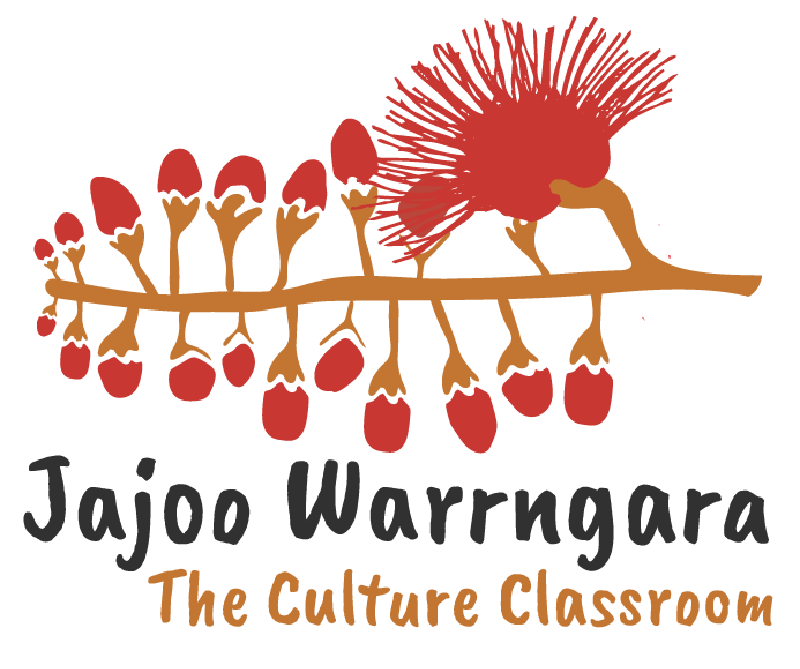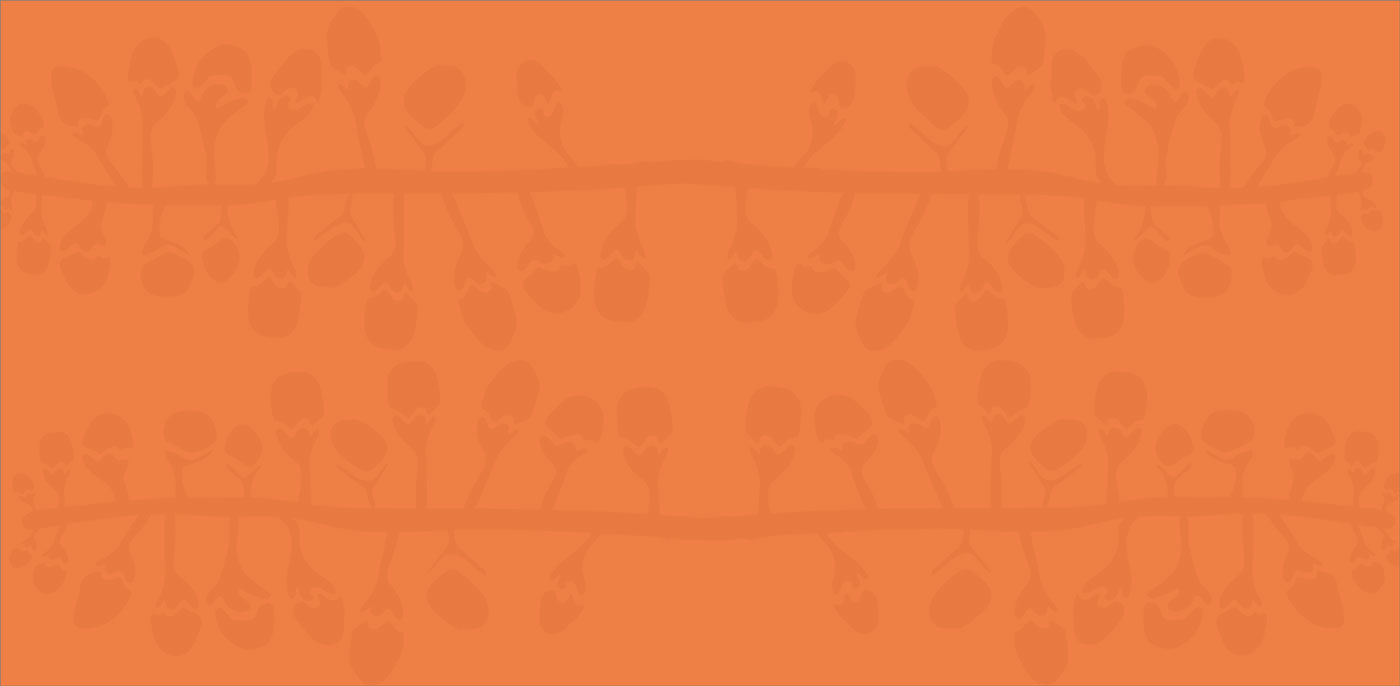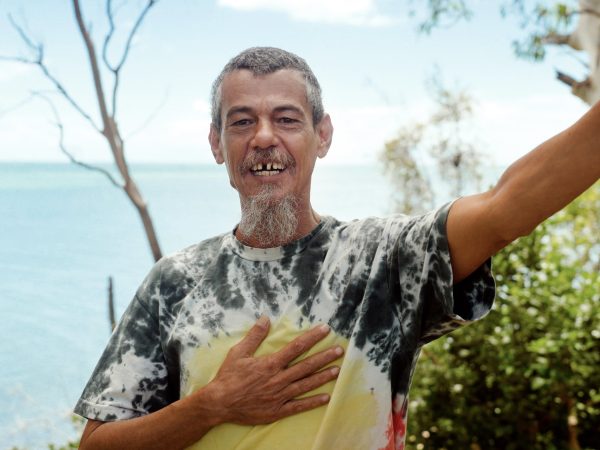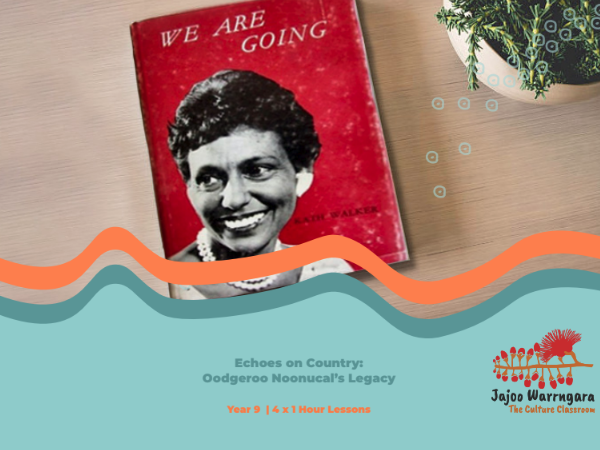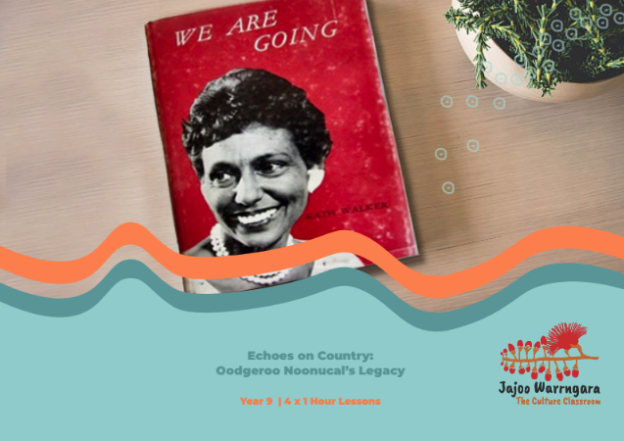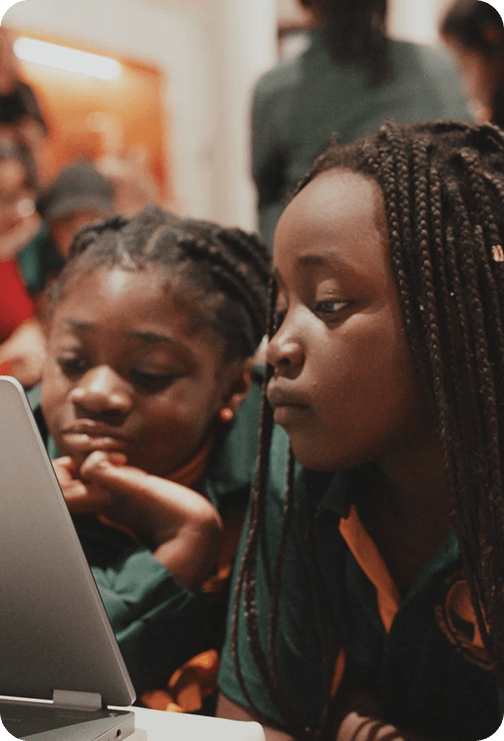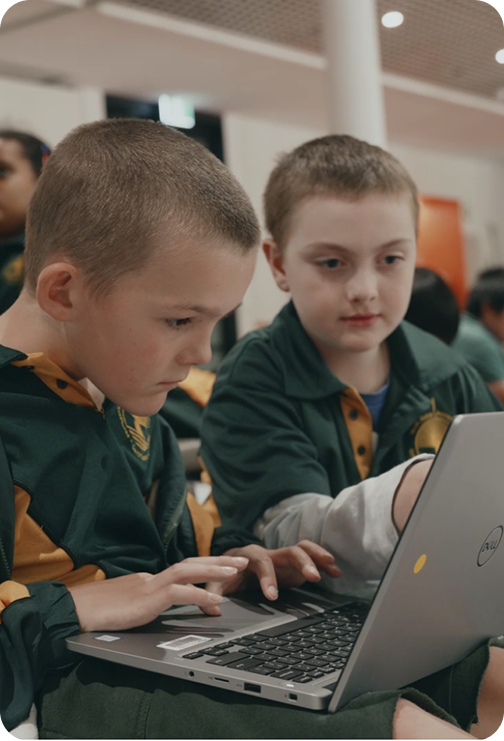AC9E9LE06
Create and edit literary texts, that may be a hybrid, that experiment with text structures, language features and literary devices for purposes and audiences
AC9E9LY01
Analyse how representations of people, places, events and concepts reflect contexts
AC9E9LY03
Analyse and evaluate how language features are used to represent a perspective of an issue, event, situation, individual or group
AC9E9LY05
Use comprehension strategies such as visualising, predicting, connecting, summarising, monitoring, questioning and inferring to compare and contrast ideas and opinions in and between texts
AC9E9LY06
Plan, create, edit and publish written and multimodal texts, organising, expanding and developing ideas, and selecting text structures, language features, literary devices and multimodal features for purposes and audiences in ways that may be imaginative, reflective, informative, persuasive, analytical and/or critical
AC9E9LY07
Plan, create, rehearse and deliver spoken and multimodal presentations for purpose and audience, using language features, literary devices and features of voice such as volume, tone, pitch and pace, and organising, expanding and developing ideas in ways that may be imaginative, reflective, informative, persuasive, analytical and/or critical
